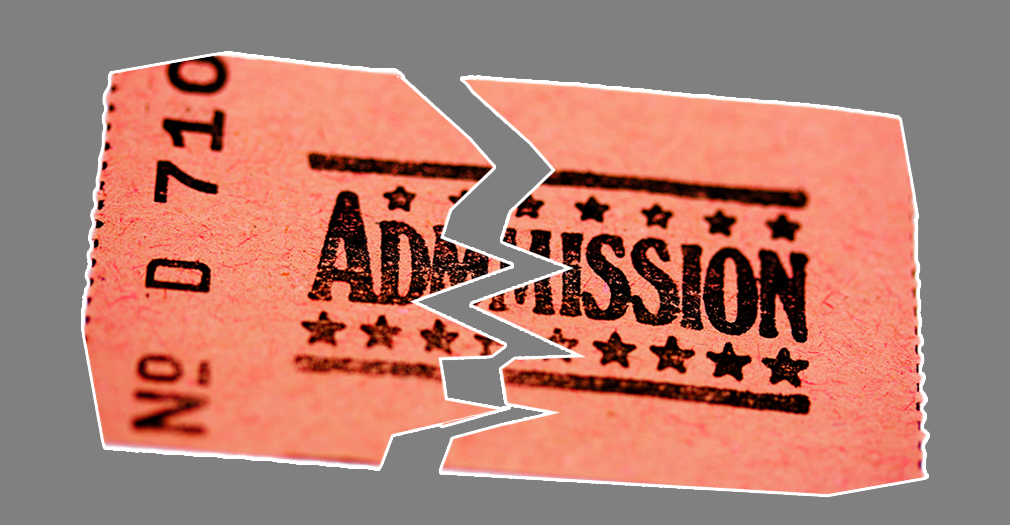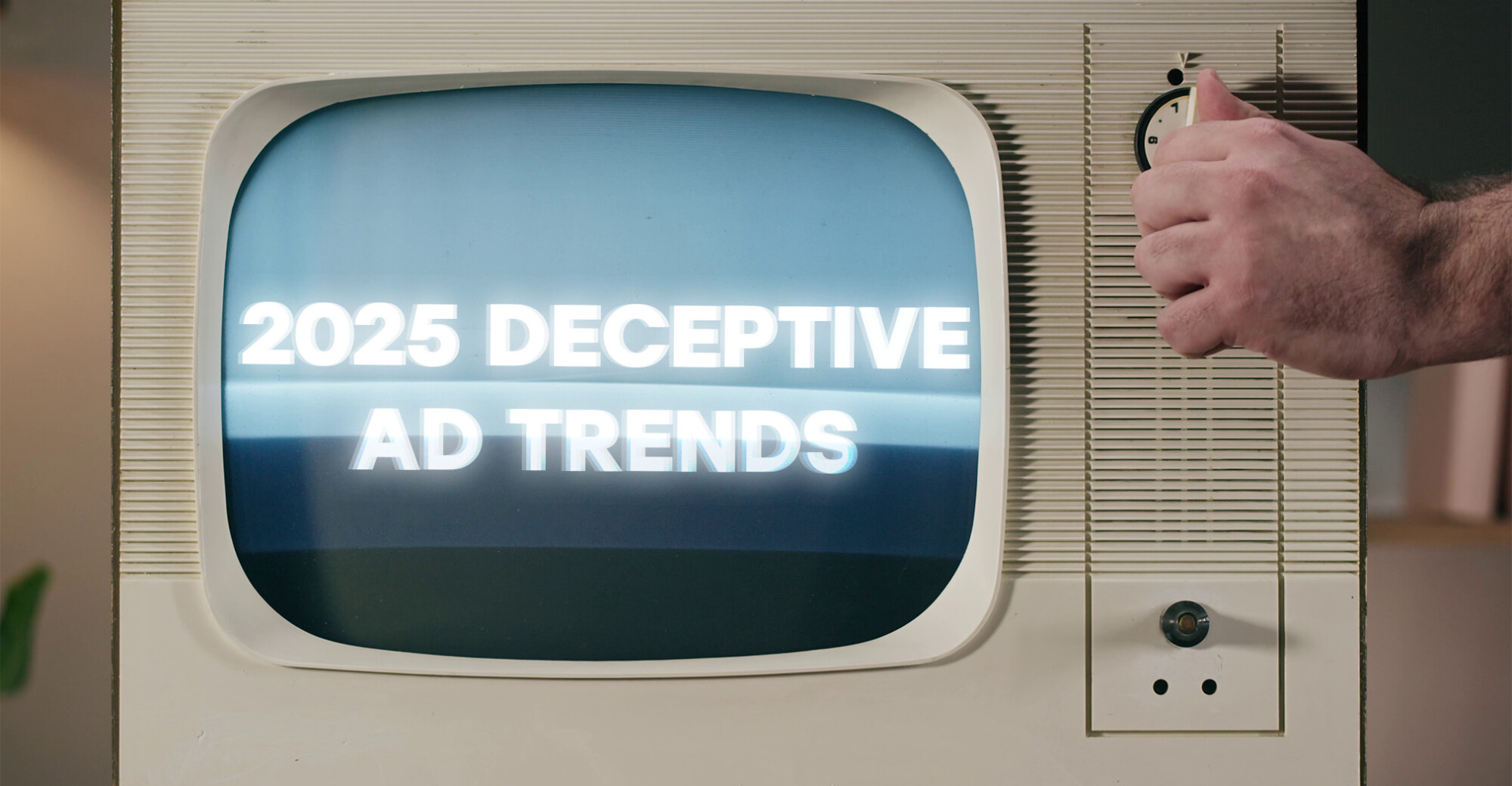
CATrends: Advertised Apartment Rental Prices
Watch out for hidden fees.
Lawsuits allege online ticket sellers violate New York state law.
|
This article highlights a trend in class-action litigation as identified by our Class-Action Tracker. Thus the name of this feature, CATrends. (Apologies if you were expecting funny cat videos.)
UPDATE 1/30/24: Three more lawsuits have been filed in this class action trend, including two by a different law firm than the one that brought the initial cases discussed below. The New York attractions at issue in the new complaints are the Empire State Building, the Museum of Ice Cream and Artechouse. Our original article follows.
What do Legoland New York, Rockefeller Center, the Museum of Sex and the Bronx Zoo have in common, besides all being in the Empire State?
They are all accused of advertising online ticket prices that fail to include fees (sometimes called “convenience fees,” other times “processing fees” or “booking fees”) that add to the total cost of the tickets, in violation of state law.
The New York Arts and Cultural Affairs Law, which went into effect in August 2022, requires that ticket sellers “disclose the total cost of the ticket, inclusive of all ancillary fees that must be paid in order to purchase the ticket … prior to the ticket being selected for purchase.”
But according to recent class-action litigation, that is something that Legoland New York, Rockefeller Center, the Museum of Sex, the Bronx Zoo, and a number of other entertainment venues, including five movie theater operators, fail to do in the advertising of their ticket prices. The fees range from about $2 to $5 per ticket. The lawsuits were all filed by the same law firm.
But the allegations don’t stop at hidden fees.
The lawsuit against the Museum of Sex, for example, alleges the venue, after “ambushing” consumers with a $4 “service charge” at checkout, puts them on the clock (which is a type of dark pattern):
To make matters worse, a 4-minute clock for the consumer to complete the transaction begins ticking down on the final checkout page. Because New York is a busy place, and because these fees are only flashed after a museum-goer selects her ticket, and if and only if a museum-goer clicks the question mark icon next to “taxes & fees,” Defendant can plausibly put its consumers on a shot clock and tell them they need to act quick, because Defendant cannot hold their spot admission time open forever.
Several other lawsuits similarly allege ticket sellers ratchet up the time pressure at checkout.
This latest trend in class-action litigation comes as no surprise to us at TINA.org. TINA.org has supported regulatory efforts to end junk and hidden fees at both the state and federal level.
Find more of our coverage on hidden fees here.
Watch out for hidden fees.
A closer look at what we’ll be monitoring in the new year.
TINA.org offers some tips on how to avoid a shopping mishap this season.


